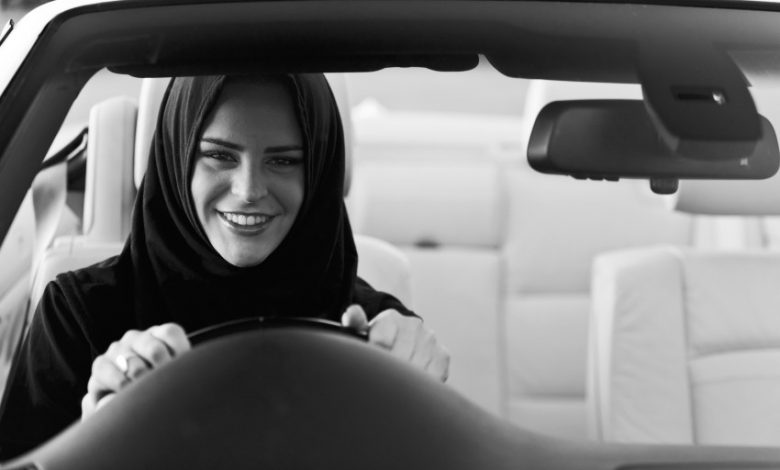
"I don't know how you will learn to drive, and if you do, what will you do?"
"Hey, don't cause an accident."
"If an accident happens, I don't know what people will say."
"Just stay home; driving is not your job, it's a man's job!"
If you are a woman driving a car in Pakistan, you likely hear such sarcastic remarks almost daily. In this advanced age, the distinction between men and women is fading in many societies, with women standing alongside men as independent individuals. However, in Pakistan, the situation is different.
The number of female drivers in Pakistan is still very low compared to male drivers. Despite this, women who venture onto the roads often face taunts, harassment, and discrimination from men. In Pakistan, it might be somewhat acceptable for women to drive in big cities during the day, but driving at night is considered dangerous. It is practically impossible for women to drive in deserted places or on highways, causing many parents to worry about their daughters' driving safety.
Also Read: Overeating on Eid-ul-Adha Sends Over 3,000 Peshawar Residents to Hospitals
These women endure daily harassment and discrimination. When they hit the road, female drivers often ensure all windows are up and doors are locked. They frequently face staring and unwelcome attention at traffic signals, making them focus straight ahead to avoid discomfort.
Discrimination against women drivers is common. Traffic rules apply to everyone, and roads are public spaces. Yet, women face discouragement and derogatory remarks. A bad driver can be either a man or a woman. A French study found that women drive more safely than men.
A car is a machine that anyone can operate. However, in our society, women's place is traditionally seen as the home. In emergencies, should women wait for their husbands or sons to drive, or can they take charge and help their families themselves?
Do you know that Pakistan's first female taxi driver is 53-year-old Shamim Akhtar? She made her first journey from Rawalpindi to Azad Kashmir. She started as a taxi driver and later even drove a truck.
Previously, women were not allowed to drive in Saudi Arabia, but now they can. This change aims to make women more independent. In South Korea, special parking lots with excellent lighting have been arranged to make it easier for female drivers to park their vehicles.
Perhaps we have not yet changed our traditional mindset to accept that women can drive. Society needs to change its thinking. Times have evolved, and innovation has come. Women should drive confidently and be given the encouragement they need. They are decent and responsible citizens of society. It's time to change our thinking positively.